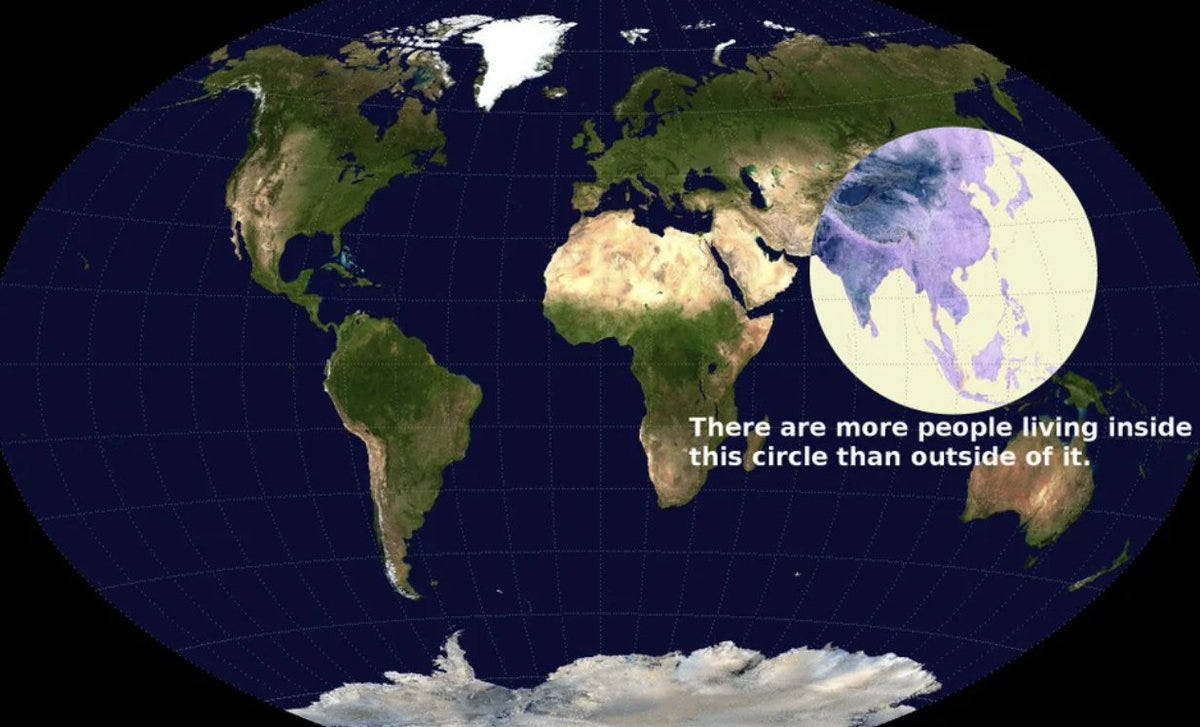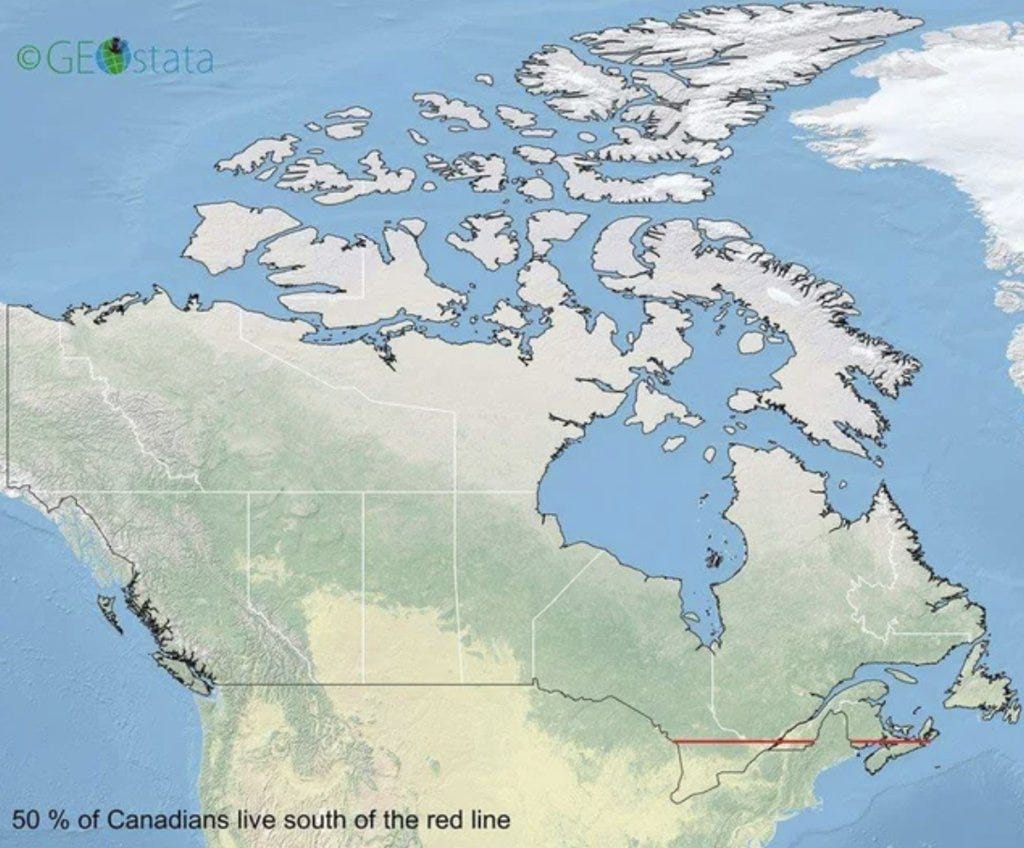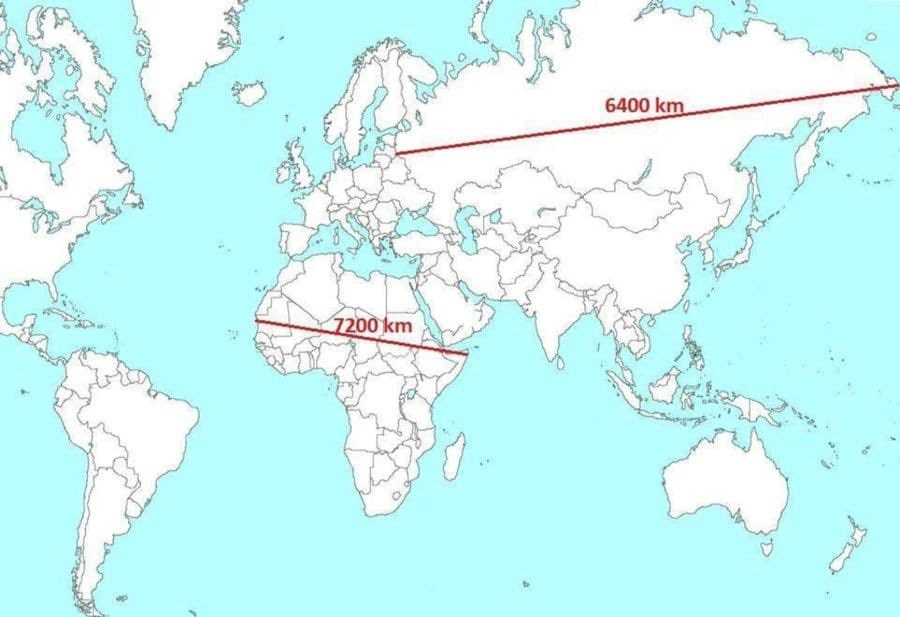Sunday Reads #140: The future of the workplace (it might not exist in 2030).
How AI and crypto will disrupt the workplace of tomorrow.
Hey there!
I've been thinking about the future of the workplace over the last few weeks.
It's tempting to bet on the stability of corporations. They've worked so well for so long, why would they change! Lindy Effect and all that.
But it's important to remember: The corporate organization is very much an invention of the 20th century.
Sure, there were for-profit businesses earlier. But the large corporate organization? That's been around for only 120 years or so.
And it's going to be disrupted.
In three different ways, across three different time scales.
The Short Term (2-3 years).
COVID has transformed the workplace.
Many of us believe that things will go back to the way they were, when we finally defeat COVID. ("When" being the operative word).
But remote work is here to stay. And it will change everything.
As I said back in Feb, in The Remote Revolution is coming:
COVID-19 may have caused a move towards remote work, but it won't reverse after the pandemic ends.
Yes, many companies are already planning for a "return to the workplace". But it won't happen as easily as they expect.
The thing is, employees prefer remote work.
Yes, the first couple of months were hard for many, having to juggle work as well as kids no longer at school. But things got easier once kids went back to school. Now, not only can you work in your pajamas, you can also spend more quality time with your family. Rather than in a commute, listening to a podcast so that your dead time can be at least slightly useful.
And if employees prefer remote work, then there will be some who are willing to change jobs, to move to an employer who supports a remote working culture.
In the marginal case, guess which employees jump ship first? The ones with the most critical skills, who will be rehired by someone else in a heartbeat. The ones your company would most sorely miss.
Ergo, you (and your company) will also embrace a remote-friendly work culture. You just don't know it yet.
Now, I don't mean 100% remote. Not yet at least. But every company will at least be "hybrid" / "flexible" to start with.
And the definition of hybrid will keep changing.
WFH 2 days / week ➡ WFH 3 days / week ➡ Hotdesking at work ➡ In office 1 day / week ➡ Come in when you feel like it.The pandemic has shown us that many jobs can be done as effectively without 2 hours in traffic.
Why would we ever go back?!
Next, let’s look at the medium-term.
The Medium Term (5-10 years).
I was listening to Tim Ferriss' recent podcast with Balaji Srinivasan the other day.
Balaji made a very interesting point (I paraphrase):
The factory of 2030 will be very different from the factory of 2020.
No more workers, only managers.
The 20th century narrative of factories was this: fat-cat manager, exploiting his diligent and hard-working employees.
Workers creating all the value. Managers and proprietors capturing it all.
But the 21st century will be different. Because of Artificial Intelligence and Robotics.
AI, robots and drones have already started taking over a ton of jobs humans used to do:
Logistics
Warehouse management
Security
Even writing marketing copy and coding!
Soon, the only jobs left will be those of... managers. Managers who decide what the robots should work on.
Quite a radical notion.
But here's the thing: he isn't pushing the envelope far enough!
I think the workplace will transform even more.
The Long Term (10-20 years).
Over the long term, there's a fair chance even the managers (and the companies they work for) won't be needed!
Why will this happen?
To answer that, let's ask another, more basic question.
Why do firms exist at all?
Taylor Pearson has a good article called Markets Are Eating The World where he answers this:
In his 1937 paper, “The Nature of the Firm,” economist R.H. Coase asked “if markets were as efficient as economists believed at the time, why do firms exist at all? Why don’t entrepreneurs just go out and hire contractors for every task they need to get done?”
Coase’s answer was transaction costs. Contracting out individual tasks can be more expensive than just keeping someone on the payroll because each task involves transaction costs.
Imagine if instead of answering every email yourself, you hired a contractor that was better than you at dealing with the particular issue in that email. However, it costs you something to find them. Once you found them you would have to bargain and agree on a price for their services then get them to sign a contract and potentially take them to court if they didn’t answer the email as stipulated in the contract.
Duke economist Mike Munger calls these three types of transaction costs triangulation, how hard it is to find and measure the quality of a service; transfer, how hard it is to bargain and agree on a contract for the good or service; and trust, whether the counterparty is trustworthy or you have recourse if they aren’t.
Organization structures are one way to reduce transaction costs.
Another is technology.
That's where blockchains come in. Blockchains and smart contracts.
I implied this a wee bit in June’s A new blockchain based Internet is coming:
HTTP doesn't hold any value. Every single thing on the Internet (and many things off the Internet) runs on HTTP. But it captures zero value.
All the value is in Facebook and Google.
If you accept payments using Stripe, you pay fees to Stripe. Not to the protocol. You pay Google for storage. You pay Facebook (with your attention).
The blockchain changes all this. You don't pay any company for using their service.
You pay the blockchain.
And the blockchain automatically pays agents that provide it a service (e.g., token miners, validators, etc.). And yes, all the rules are right there - encoded in the chain for all to see.
No adult supervision needed.
I wrote about it more directly in my thread on Etherisc. A decentralized insurance protocol that replaces an entire insurance organization.


As I wrote there:
You won't buy car insurance with your car. You'll only pay premia when you're driving. Maybe the premium rises when you make a sharp turn, reduces when you stop at a light.
Let's say you have a minor accident. This is what would happen. 👇
Your "smart car" will upload all the evidence (damage, videos, etc.) to the cloud immediately, and the other smart cars on the road will verify it.
You'll pick up your phone to text your partner about the accident, and get a notification that your claim has been paid. 🤯
Nick Tomaino says something similar about Bitcoin, in his prescient 2017 article - The Slow Death of the Firm:
There is no firm behind Bitcoin; there’s simply code (rules for organization) and incentives (the BTC token) that brings together many different participants who are all incentivized to contribute their time and resources to maintain the service
Bitcoin is the first example of an organizational structure that has the beneficial characteristics of the firm (minimizing transaction costs, aggregating capital and mindshare, and providing job security for contributors) combined with some new characteristics:
• Ownership isn’t controlled by an exclusive group of founders, employees, and investors
• Data isn’t controlled by any one entity
• Decision making power is not controlled by one person or group and there are checks and balances from a broad variety of market participants
You know what this reminds me of? Jeff Bezos and Amazon.
As I wrote in July’s The Fast & the Ferocious:
Amazon wasn't always so fast.
Oh it was when it started, but then as it grew, it slowed down.
Like every other BigCo: employees scale linearly, dependencies scale exponentially. Suddenly coordination is a drag on the system.
This became an existential problem for Amazon…
One of Bezos' most surprising realizations was that communication is a defect. As he said, "We need to eliminate communication, not encourage it."
Interdependencies are the reason organizations become slow. You need to remove them, not minimize their impact through better coordination.
This epiphany led to the famous "APIs" memo. Bezos declared that teams will communicate with each other only via software APIs.
That's the future, guys. Not just Amazon - all organizations will be APIs.
[PS: If you're keeping score, I said employees won't be needed in the medium term. I then said managers won't be needed in the long term. So what does that mean for you and me?!
Well, we'll all be gig workers (or white collar mercenaries for hire 😎). Oh, and maybe poets too (in our prodigious free time). Yup, the 2030s and 2040s will be a strange time.]
Interlude: If you missed my last post, you can find it here:
Golden Nugget of the week.
I've watched this clip at least 5 times now.

Pure genius captured on film.
There's another nuance to this too.
You see, your brain isn't organized like the New York Public Library. It's more like a disorderly pile of clothes in a thrift shop.
Need to get out the shitty stuff on top, to find the gold underneath.
It worked for Paul McCartney, it'll work for you and me.
We all need to create content. Or as Mike Crittenden says, Write 5x more but write 5x less.
Chart(s) of the week.
This thread from Trung Phan is a gold mine.

The best maps I saw:
a) This is interesting.
b) This is surprising.
c) My head exploded 🤯
That’s it for this week. Oh, and a quick update on omicron (read the core takeaways at the top - some good and some bad news).
Stay safe out there folks!
PS. Would love if you could also share today’s edition on Twitter so more people can see it. Thanks a lot!






